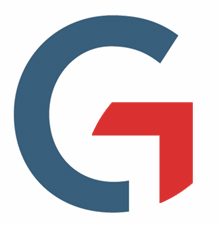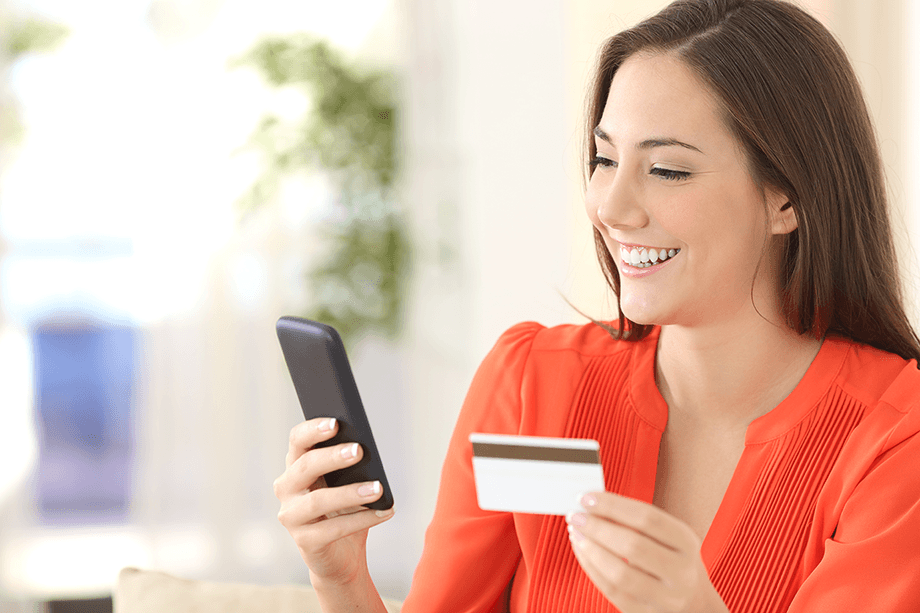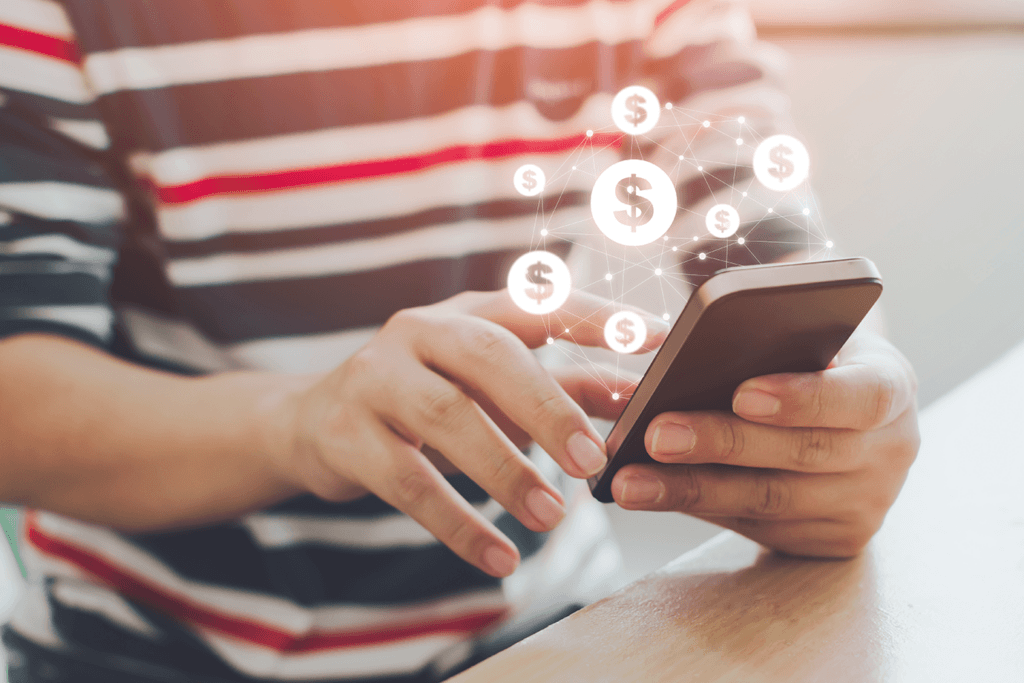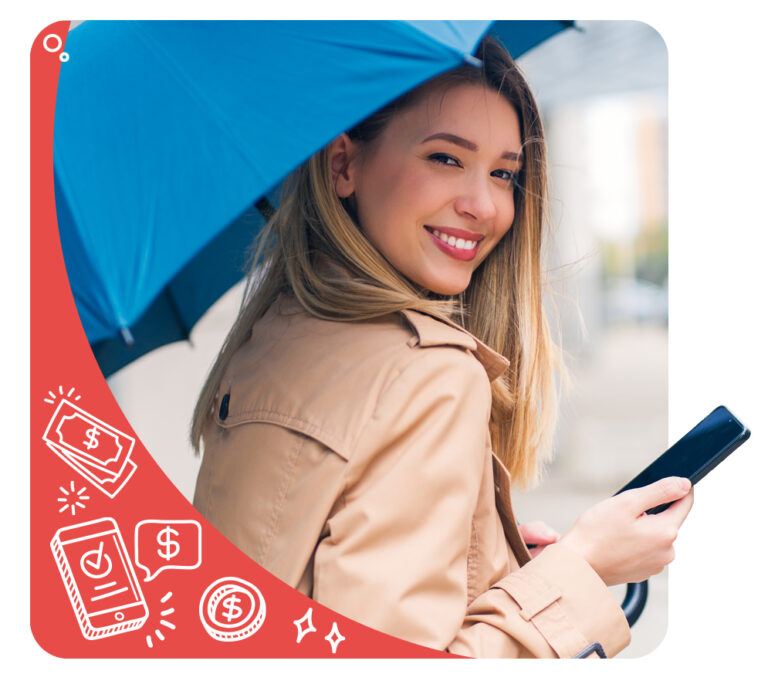
Overdraft Options
We encourage you to manage your finances responsibly, but we know that life happens. So, we offer two overdraft options to keep you covered.
What is an Overdrawn Account?

What is Cover Me Now Overdraft Privilege?
Cover Me Now Overdraft Privilege provides you coverage when you need it, to avoid potential late fees and returned payment fees from retail merchants.
How Can I Get Up To $150 in Cover Me Now Overdraft Privilege?
$50
You automatically qualify for $50 in Cover Me Now Overdraft Privilege if you elect to have an ongoing payroll, pension, or government benefit payment direct deposited with us.
+
$100
You also qualify for an additional $100 of Cover Me Now Overdraft Privilege if you have a $300 average year-to-date collected balance.
(If your average year-to-date collected balance drops below the $300 threshold, a portion of your privilege may be revoked. See your disclosure for calculation. The Year-to-Date Collected Balance is the actual balance that has been collected in your account in the numerator over the denominator of days the account is open in a year. The term “collected” refers to the funds for the items that have actually cleared and officially posted to your account.)
What Is Covered?
- Option 1: Cover Me Now Overdraft Privilege
Cover Me Now Overdraft Privilege automatically comes with your checking account. The type of transactions covered depends on your opt-in/opt-out decision.
Transactions covered by overdraft privilege will not be charged a fee for transactions of $10 or less. A $10 fee will be charged for transactions of $10.01 and up. The maximum fee is $30 per day.
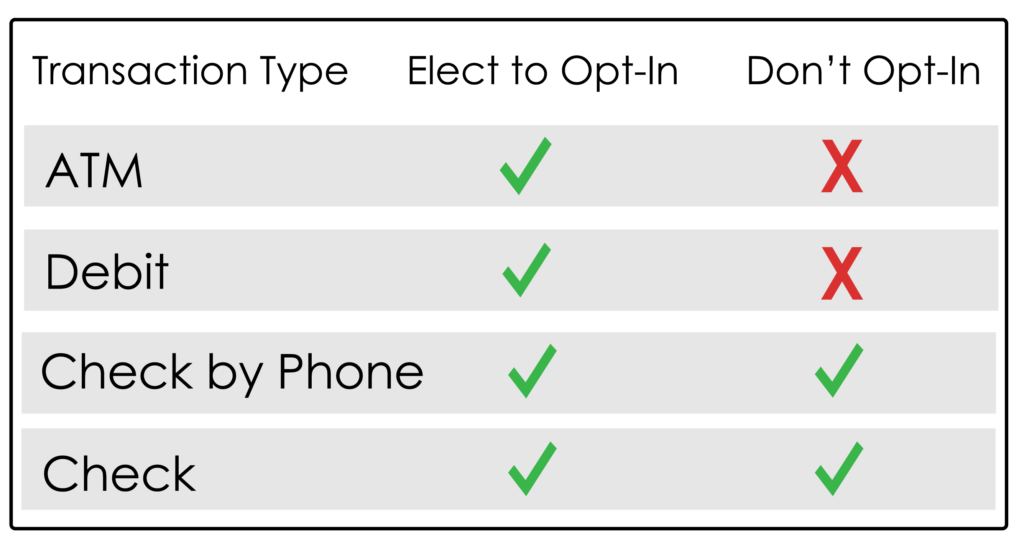
- Option 2: Cover Me Transfer Privilege
You can also protect yourself against account shortfalls by setting up an automatic transfer of funds from another Grand.bank account, such as your Emergency Fund Savings. Provided you have sufficient funds, this option will pay your transactions if you do not have enough money in your checking account by automatically transferring funds from your linked account to cover your transaction.
There is no fee!
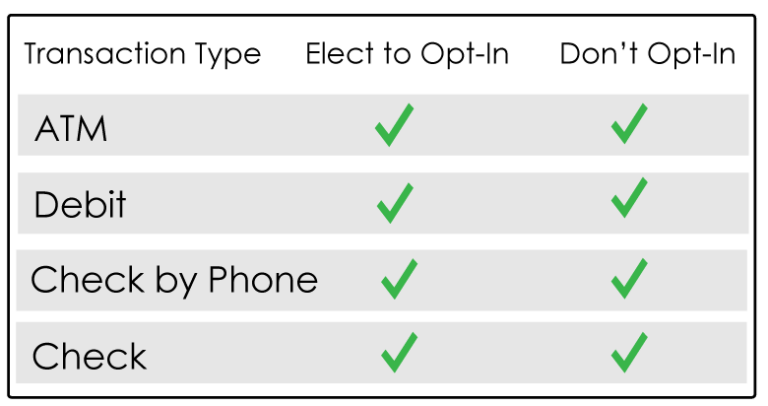
How Does Overdraft Work?

If you have $150 in Cover Me Now Overdraft Privilege, we will pay this item and charge you a $10 overdraft fee.
Any Cover Me Now Overdraft Privilege is deducted from your next deposit of good funds. Please note: It is important your account maintains a positive balance at least once every 15 calendar days and that you make regular deposits to avoid the suspension of your Cover Me Advance Overdraft Privilege.
Helpful Tips to Avoid Overdrafts:
Set Up Alerts
Set up Notifi Real-Time Alerts so you stay informed for low balance and account activity. They are easy to set up and FREE!
Mobile Banking
Download our mobile app to conveniently monitor account activity, transfer money or deposit checks.
Set Up Direct Deposit
Ensure your funds are promptly deposited into your accounts plus, you could receive your funds up to days early*!
Important Information About Procedures for Opening a New Account or Establishing a New Customer Relationship:
The USA PATRIOT Act is a federal law that helps the government fight the funding of terrorism and money laundering activities. Federal law requires all U.S. financial institutions to obtain, verify and record information that identifies each person who opens an account or establishes a customer relationship with Grand Bank for Savings, FSB. What this means for you: When you open a bank account, we will ask you for your name, address, date of birth, and other information that will allow us to reasonably identify you. We may also ask to see your driver’s license or other identifying documents at any time.


